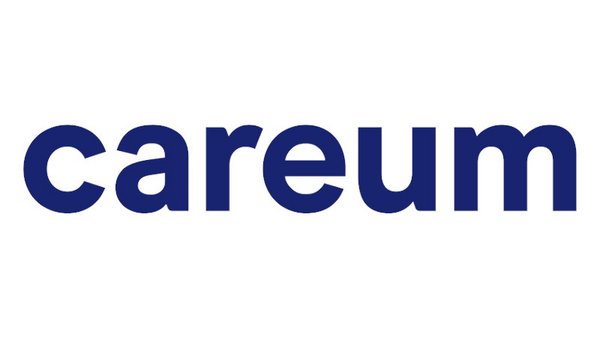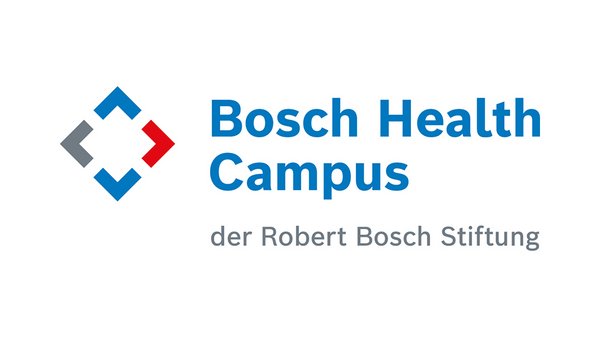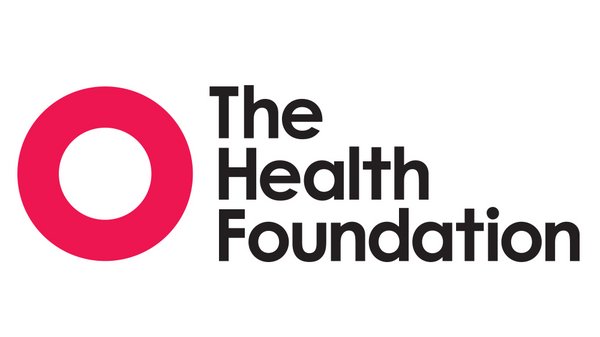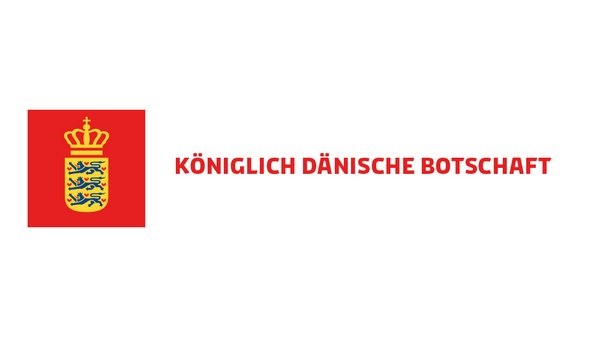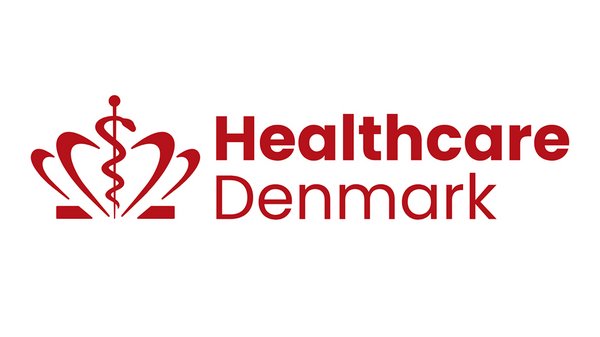-
Topics
backTopicsOur programs create spaces where open-minded leaders can gather for breakthrough conversations on pressing global issues – each aligned to one of the following pillars:
-
Events
backEventsExplore the variety of events Salzburg Global hosts within Austria and in the rest of the world. Learn more about our programs and what else happens at Schloss Leopoldskron.Upcoming EventsFeb 05 - Feb 07, 2026Peace & JusticeDisruption and Renewal: Charting the Future of the International Rule of Law, Democracy, and PluralismSalzburg Cutler Fellows Law ProgramApr 13 - Apr 18, 2026CultureCreating Futures: Rethinking Cultural Institutions, Infrastructure, and InvestmentCulture, Arts and Society
- Insights
-
Fellowship
backFellowshipSince 1947, more than 40,000 people from over 170 countries have participated in Salzburg Global's sessions. Collectively, these alumni are known as Salzburg Global Fellows.
-
About Us
backAbout UsSalzburg Global is an independent, non-profit organization committed to creating spaces that overcome barriers and open up a world of better possibilities.Our Approach
-
Support Us
backSupport UsYour generosity helps us gather open-minded leaders for breakthrough conversations, while creating space for dialogue that overcomes barriers and opens up a world of better possibilities.
- Donate
- Date
- Mar 06 - Mar 07, 2025
- Session no.
- S885-01
- Location
-
Copenhagen, Denmark
Share
Health
Sciana All-cohort Meeting
This two-day meeting in Copenhagen brought together over 70 Sciana Fellows across all cohorts to explore innovative approaches to public health in Denmark and across the World Health Organization (WHO) European Region.
The event included discussions led by Rigshospitalet, the Novo Nordisk Foundation, Falck, the Danish Ministry of Health, and the Ministry of Foreign Affairs, among others, focusing on key innovations in the Danish health system.
Participants heard from experts, including those from WHO/Europe, who shared examples of cross-border initiatives. Participants engaged in a dynamic lineup of discussions and networking hosted at the German Embassy of Denmark.
The meeting in Copenhagen showcased impactful experiences from Denmark's national health system — including cutting-edge private-public partnerships, innovations in emergency care, and national reforms targeting non-communicable diseases (NCDs).
The Sciana All-cohort meeting was organised in close collaboration with the WHO/Europe, Healthcare Denmark, the Ministry of Foreign Affairs of Denmark, the German Embassy in Denmark, and Sciana International Advisor Ilona Kickbusch.
Session speakers included:
- Diana Arsovic, CEO, Danish Life Science Cluster
- Katrine Bach Habersaat, Lead, Behavioural and Cultural Insights, WHO/Europe
- Helene Bilsted Probst, Chief Medical Officer, the Danish Regions
- Ann Christina Pedersen, Team Lead, Ministry of the Interior and Health
- Ildiko Csóka, Professor of Pharmacy & Director-General for Strategy, University of Szeged, Hungary
- Rasmus Fält, Accelerator Lead for BETA.HEALTH, Rigshospitalet
- Malene Fischer, Chief of Innovation and Research, Rigshospitalet
- Gauden Galea, Strategic Adviser to the Regional Director, Special Initiative on NCDs and Innovation, WHO/Europe
- Ambassador Pascal Hector, German Embassy in Denmark
- Joan Hentze, Global Director, Life Science, Ministry of Foreign Affairs, Denmark
- Tejs Jansen, Head of Innovation Lab, Rigshospitalet
- Hans Kluge, Regional Director, WHO/Europe
- Freddy Lippert, Chief Medical Officer, Falck
- David Novillo Ortiz, Unit Head, Data and Digital Health, WHO/Europe
- Steffen Pierini Lüders, SVP for Corporate Affairs, Novo Nordisk Foundation
- Rasmus Prior Gjesing, Regional Adviser, Access to Medicines & Health Products (AMP), WHO/Europe
- David Schjerlund, Head of Department - Export, Innovation and Global Public Affairs, Ministry of Foreign Affairs, Denmark
- Kirsten Wisborg, Chair, The Danish Association for Management in the Health System & Chief Medical Officer, Bispebjerg and Frederiksberg Hospital
The 2024 Danish health reform—a system-wide redesign tackling NCDs
Faced with demographic pressures, workforce shortages, and growing burdens of chronic disease, Denmark's 2024 health reform represents a system-wide redesign aimed at building a more sustainable, efficient, and equitable healthcare system. At the heart of the reform is a new regional structure comprising four health regions and 17 health councils. These regional bodies work closely with 98 municipalities to better coordinate care, especially in primary and community settings.
What sets the Danish reform apart is its deliberate shift from doctor-led to interdisciplinary team-based care. By capping the number of specialists at university hospitals and encouraging redistribution to underserved areas, the reform addresses healthcare inequities and aims to strengthen care pathways beyond hospital walls. Digital health tools play a pivotal role in streamlining services, improving access, and reducing unnecessary hospital visits.
While the reform is ambitious, it has faced several challenges, including institutional resistance, the need for inclusive digital solutions, and the complexity of regional coordination. Nonetheless, Denmark's early engagement with professionals and transparent governance structures provides valuable lessons for countries within the Sciana Network that might investigate pursuing similar reforms.
Digital health and chronic disease innovation
Rigshospitalet, Denmark's leading university hospital, has emerged as a testbed for digital health innovation, particularly in addressing the long-term needs of individuals with chronic illnesses. Its approach is deeply patient-centric, with four guiding principles: value for the patient, empowerment, connectedness, and internationalisation.
Among the flagship innovations are digital twin technology, hospital-at-home services, remote MRI, and the use of smart glasses in brain surgery. These technologies not only extend life expectancy and reduce hospital strain but also improve access and equity. Yet implementation remains uneven across Denmark, raising questions about scale and leadership responsibility.
Rigshospitalet's model emphasises the importance of system stewardship, which is the ability of health leaders to align strategy, funding, clinical practice, and innovation across institutions. In this case, hospital leaders worked closely with national funders, municipalities, industry partners, and patients to co-develop solutions, such as the digital twin programme and remote monitoring tools.
For Sciana Fellows, the initiative provides a clear example of how multi-stakeholder partnerships—including collaboration between clinicians, researchers, tech developers, and patient organisations—combined with digital integration, can meaningfully enhance care delivery.
Whether through structural reform, frontline digital adoption, or system-wide clinical leadership, Denmark’s experience provides tangible inspiration for the Sciana Network’s focus countries.
What emerges clearly is the role of leadership—not just at the top, but distributed across systems—in enabling change. Cross-sector collaboration and a commitment to long-term, iterative improvement are all key features. Moreover, the Danish examples underscore the importance of aligning innovation efforts with broader health and societal goals, including equity, sustainability, resilience, and trust.
WHO/Europe—Digital health and data integration
In an era of information overload and fragmented data systems, WHO/Europe’s flagship work on data governance and digital transformation offers a strategic roadmap for health system resilience. At the core of this initiative is the push to improve real-time data availability, interoperability, and trust in data use.
WHO/Europe emphasises that digital transformation is not solely a technical issue. Equally important are governance frameworks, legal alignment, and capacity-building. Through public-private collaborations, it promotes a model that links data to policy in a way that is equitable, ethical, and adaptive.
Reflecting on the Sciana Network’s visit, Hans Kluge, regional director at WHO/Europe, said, “It was an excellent opportunity to exchange ideas on the public health innovation ecosystem in our region and the challenges ahead […]
“I emphasized a stark reality: no health system in our region has fully recovered from COVID-19, and none are fully prepared for the immense health challenges that lie ahead […]”
Hans added that “collaborations with key networks like Sciana [are] essential. By joining forces, sharing expertise, and driving innovation, we can build stronger, more resilient health systems that serve all in our region and beyond.”
Testimonial from Freia de Bock (Cohort 6)
"The meeting in Copenhagen gathered very interesting presenters from Denmark and the WHO to introduce the Sciana Fellows [to] the most important trends in health care and health system development across Europe and the European region.
"As our Sciana Challenge is on prevention and how to move forward our sickness-oriented system to a real health and prevention system, two thematic strands were very interesting to me:
- How to build private-public partnerships to substantially move forward fields which have both economic and public interests
- The question towards which role hospitals can play in building an integrated health system and thus accelerate development at their greater regional level, binding together many partners.
"Both these strands might be important levers to use in our stride for prevention. Private companies with high potential for testing individualised prevention approaches are [the] AI and data-collecting IT industry, and future prevention activists need skills associated to successful collaboration with private companies, holding together societal and private interests with one vision.
"With university hospitals currently fighting and reflecting on their future role and budgets, public health bodies might have to partner up with hospitals in order to move forward the field of prevention.
"Even if hospitals, as service providers, might have other ideas to move forward prevention than traditional public health (with the latter mostly focusing on social determinants and environmental change in settings), their influence and positive visions and their role as important regional institutions might be of key importance for system change towards more prevention."
Testimonial from Richard Stubbs (Cohort 5)
"The [All-cohort] meeting in Copenhagen reinforced that the majority of the health and health delivery challenges that we face in our professional lives are the same across many countries, and therefore the innovative solutions that we develop are adoptable and adaptable across our geographies.
"I was particularly inspired by our sessions with colleagues from the WHO, and these conversations have reignited a personal ambition to create a platform that allows our innovative ideas to more easily be shared and co-developed through international collaboration."
Testimonial from Anita Buchli (Cohort 3)
“I had the privilege to participate in the Sciana: The Health Leaders Network meeting in Copenhagen on the Danish approach to foster 'Innovation in Life Science and Health' these past days. As a Sciana Fellow, I also feel responsible to think about how I can be of use for the future of health of our society.
“So let me share my key learnings and some thoughts about the Danish Life Science and Health Initiative:
- The Strategy for Life Science is jointly driven by four ministries, namely 1) Minister for Industry, Business and Financial Affairs, 2) Minister for the Interior and Health, 3) Minister for Foreign Affairs, as well as 4) Minister for Higher Education and Science. This reinforces the political intention to drive innovation for the sake of society and the economy of an economically strong, but small, country with [a] limited market size (like Switzerland).
- PPP collaborations at the centre: Universities and university hospitals are not the only drivers of innovation; in Denmark, it is rather a joint effort of PPPs including companies, startups, funds, pension funds, regions and municipalities.
- Bringing the Strategy to life: Its implementation is strongly supported by industry partners, also financially. The foresighted consortium and steering committee govern health innovation.
- Clear focus: While the first focus is on healthy weight with Novo Nordisk as a lead, Lundbeck now leads the focus on mental health.
“The Danish way forward to solve similar challenges to ours in Switzerland is compelling. What if we rethink industry–academic–healthcare–society collaborations in our country and develop innovation workplaces, matchmaking platforms, or regional partnerships?
“We need fresh approaches that work (even better). Because ‘help is not on the way’.”
Testimonial from Birgit Bauer (Cohort 5)
"In Copenhagen, I was reminded that leadership isn't about having all the answers—it's about having the courage to ask the right questions, even in uncertain times. The Danish approach showed me that innovation doesn't have to wait for perfect conditions. It's about bold, pragmatic steps taken together, especially when the path ahead is still emerging."
Date
Mar 06 - Mar 07, 2025
Session no.
S885-01
Location
Copenhagen, Denmark
Share


